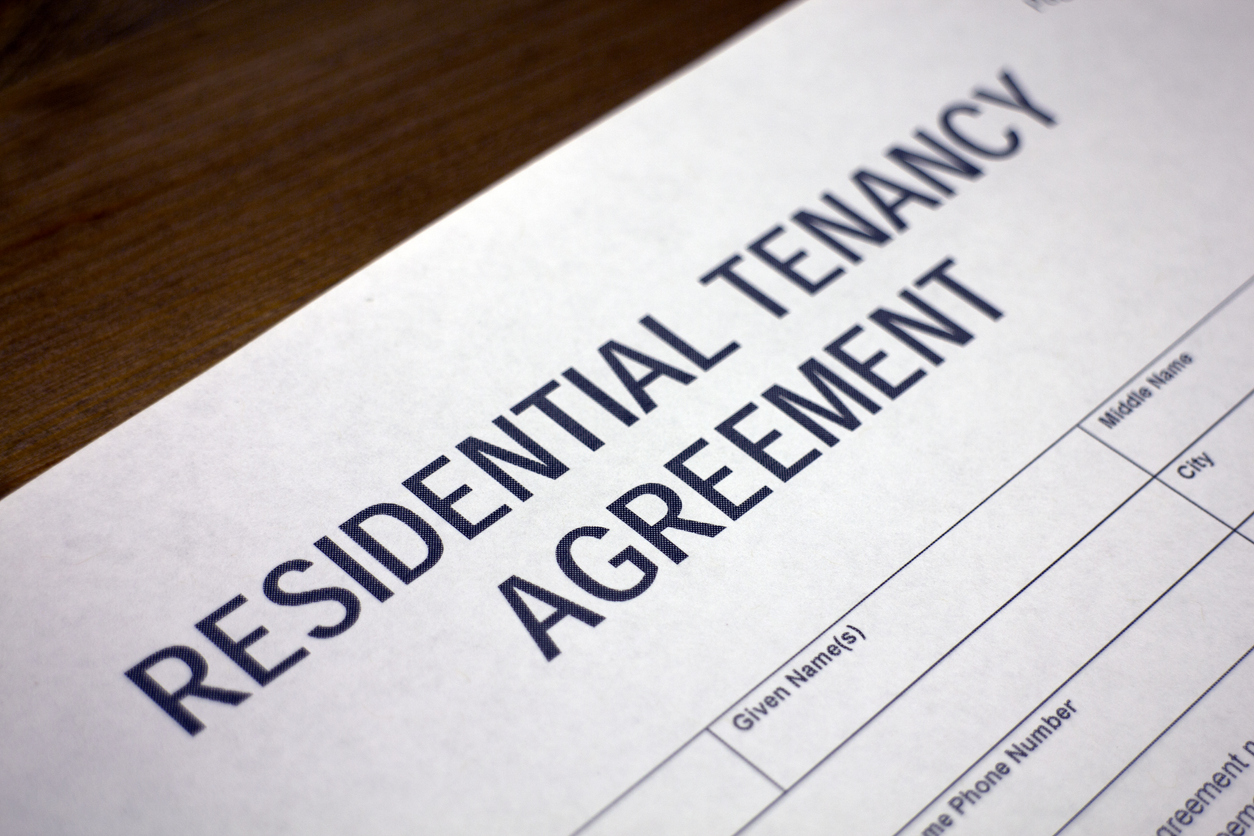
Before buying renters’ insurance, you must know certain things to protect yourself from liability. Living on a property you do not own carries a substantial risk. Renters’ insurance can be a great resource to protect yourself from severe losses or liability.
Before Buying Renters’ Insurance
Here are some things to know about this type of insurance before purchasing coverage.
You Can Get Competitive Rates for Renters’ Insurance
Compared to many insurance coverage forms, renters’ policies are relatively affordable. Bundling your policy with other coverages, such as auto insurance, may be an excellent way to save money on premiums.
When getting quotes for a renters’ insurance plan, determine the deductible. Raising the deductible gives you access to a considerably lower premium. The downside of this savings strategy is that you will have higher out-of-pocket expenses if you have to claim your policy.
Coverage Should Address Your Practical Needs
In reviewing what you need to know about renters insurance policies, remember that carrying coverage that will adequately compensate you sufficiently for your property’s value is essential. If your personal belongings include valuable items such as artwork or expensive memorabilia, increasing your total coverage limits may be prudent. Itemize your belongings and their replacement value to determine how much coverage you should carry.
It is also essential to consider your liability exposure in assessing whether you should get coverage and how much to get. If an accident in your unit damages the premises or the personal belongings of other renters in an apartment building, you could be liable for it. With adequate coverage, you can avoid having to contend with liability that significantly exceeds the value of your assets.
Your Landlord May Require a Renters’ Insurance Plan
Many landlords and property managers require tenants to carry a renters insurance policy in lease agreements. These clauses state that lessees must carry a minimum threshold amount of coverage. Noncompliance with these provisions and failure to procure or maintain sufficient coverage would amount to a material breach of a rental agreement, giving a landlord the right to terminate a tenancy.
Lease provisions may require lessees to provide lessors with a certificate of insurance as proof of coverage. Terms may also stipulate that the certificate must name the lessor as an additional insured or an interested party. An indorsement as an additional insured enables landlords to benefit from a policy’s proceeds. A designation as an interested party entitles landlords to receive direct notice from an insurer if the policyholder terminates coverage.
You Have To Review Coverage Terms Thoroughly
Review the terms of a policy carefully to ascertain which type of events and damage it includes. Policies typically cover fire, most weather-related damage, and theft. They can also provide benefits for personal injuries affecting individuals who do not reside in your apartment.
Policies generally exclude coverage for damage attributable to flooding. If you live in a region where flooding is frequent, it may be advisable to obtain additional coverage to address this gap.
Work with a knowledgeable insurance provider for assistance in assessing your coverage needs. An experience can help you weigh your options and evaluate individual plans’ terms.
About Sine Insurance
At Sine Insurance Group, we are dedicated to providing you with custom-tailored insurance policies to protect your assets. Our comprehensive packages have been expertly crafted to serve St. Louis and the surrounding areas for the past 25 years. For more information about our products, contact us today at (855) 700-0889.

